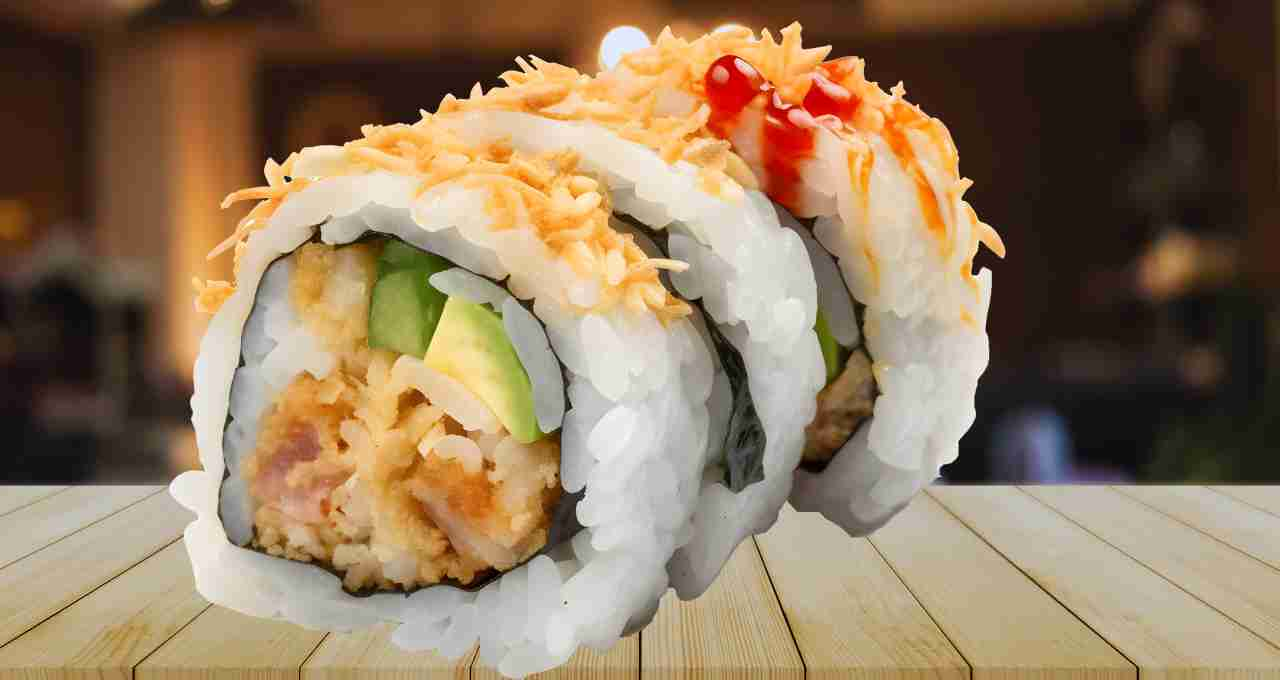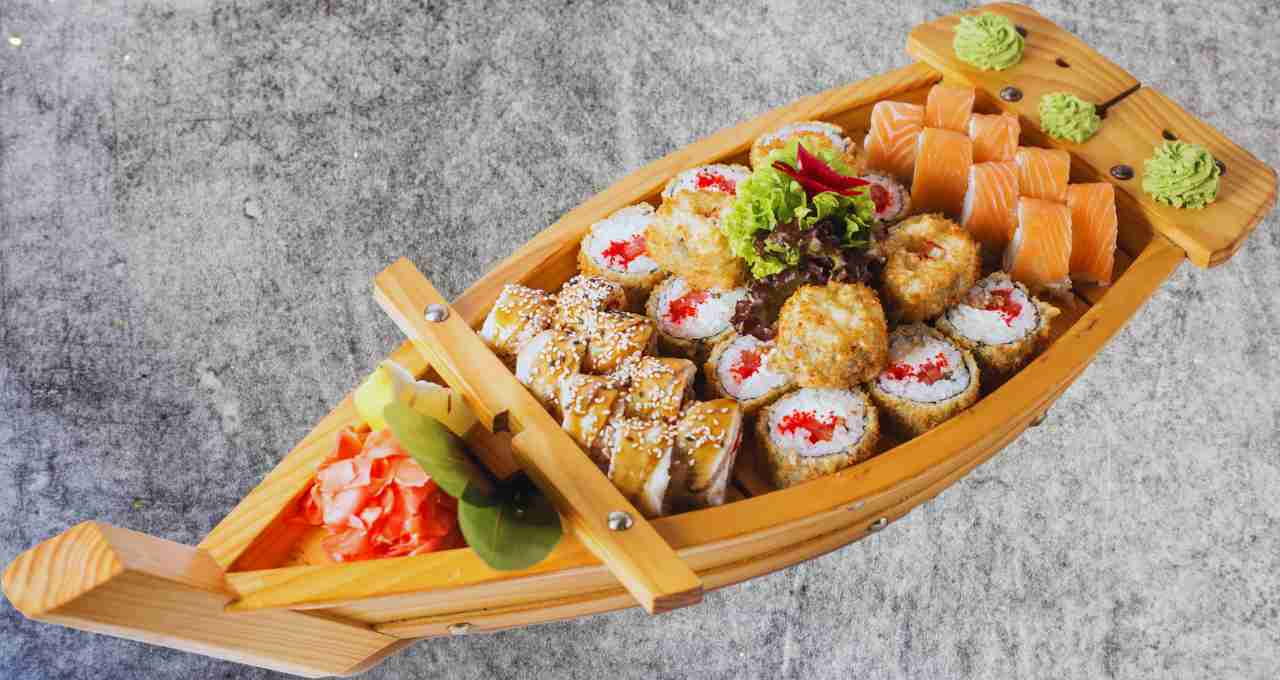Celebrated annually on June 18th, International Sushi Day is dedicated to one of the world's most renowned and unique Japanese culinary creations: sushi. Contrary to popular belief, sushi is far more than just raw fish; it's a delightful fusion of taste, artistry, nutrition, and tradition. Today, let's delve into the truth about sushi, exploring its history, benefits, and ways to make this day special.
What is Sushi?
Many perceive sushi as solely raw fish, but this is a misconception. Sushi is a Japanese dish comprising vinegared rice, vegetables, seafood (raw or cooked), eggs, and sometimes entirely vegetarian ingredients. The most crucial element is the rice—seasoned and binding the dish together.
The History of Sushi
Sushi's origins trace back not to Japan, but to Southeast Asia. Initially known as nare-zushi, it involved preserving fish in salt and fermented rice over a prolonged period. The rice was later discarded, with only the fish consumed.
Sushi evolved into its modern form during Japan's Edo period (1600-1800 AD), when vinegared rice, fresh fish, and vegetables were served together. This marks the foundation of sushi as we know it today.
How to Celebrate International Sushi Day?

1. Indulge in Sushi Outing
Visit a reputable Japanese restaurant and savor the exquisite sushi crafted by professional chefs. In Japan, becoming a sushi chef requires up to 20 years of rigorous training. It's clear that this is not merely food, but an art form.
2. Introduce a Friend to Sushi
Many are hesitant due to the "raw fish" perception. Introduce them to easier, palatable options like Philadelphia rolls (salmon, avocado, and cream cheese) or miso soup as a starting point.
3. Make Sushi at Home
For a fun activity, try making sushi at home! Numerous easy recipes are readily available online. Consider hosting a sushi-making party with friends. You might even uncover a hidden chef within your group!
Health Benefits of Eating Sushi

Sushi excels not only in taste but also in health benefits. Discover why:
- High Protein: Abundant protein options like seafood or tofu.
- Low Fat: Ideal if avoiding fried foods.
- Fiber and Vitamins: Rich in vegetables and seaweed (sea plants).
- Weight Management Aid: Low-calorie and healthy fats.
- Vitamin D and Omega-3s: Fish-based sushi provides these nutrients beneficial for brain and heart health.
Why is Sushi Considered "Cool"?
Sushi's "cool" factor among today's youth stems from its transcendence beyond mere food; it has become a fashion and trend icon. Visually appealing, healthy, and enjoyable, sushi has also become a social media staple, frequently featured on Instagram. This blend of tradition and modern lifestyle contributes to its widespread appeal.
Interesting Facts about Sushi
- In Japan, sushi is prepared by expert chefs known as itamae.
- Traditionally, sushi can be eaten with hands, not just chopsticks.
- Sushi is typically served with soy sauce, wasabi, and pickled ginger (gari).
Sushi is more than just a dish; it's a remarkable confluence of taste, health, and culture. By enjoying sushi on International Sushi Day, we not only connect with Japanese tradition but also celebrate healthy eating. Make this special day memorable by savoring or creating sushi.















